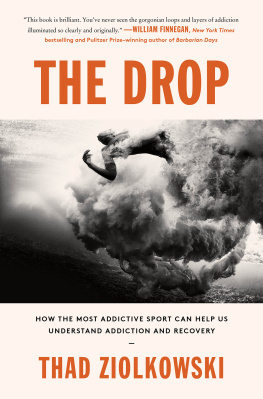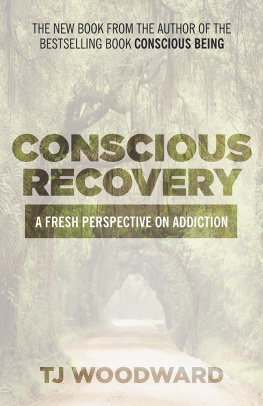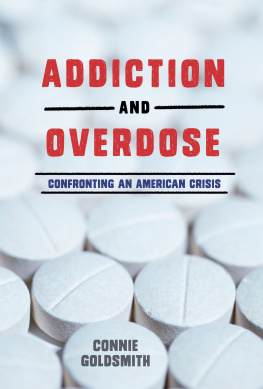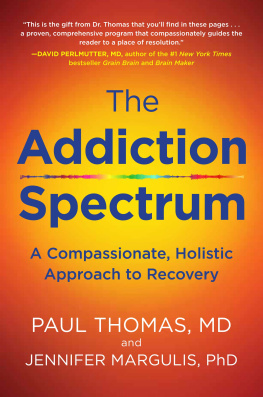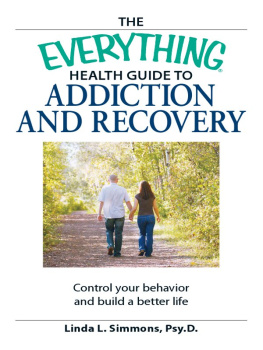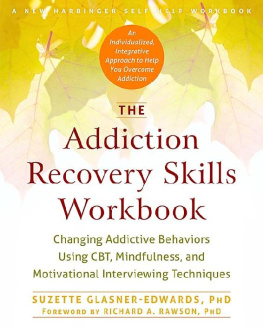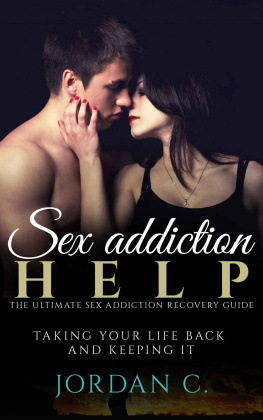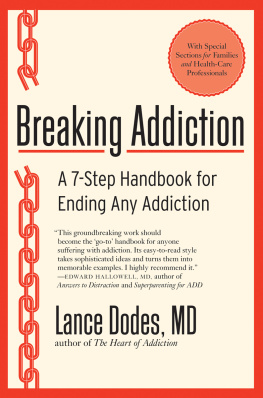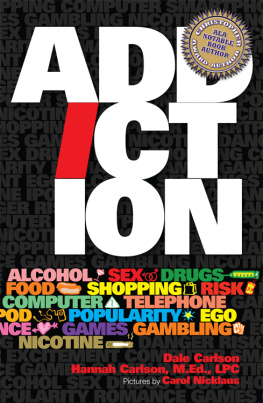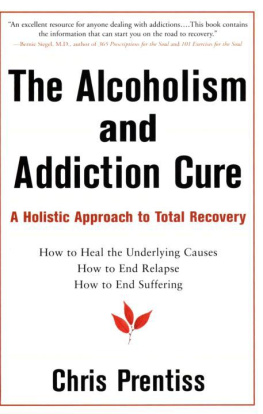Contents
For Juliana
Montclair, New Jersey
Late summer, early morningwarm, clear, windless. I load my sleepy twelve-year-old son and six-year-old daughter into the car, make final adjustments to the straps holding the longboard on the roof rack. Finding time to go can be complicated, but the way is simple: a straight shot on the Garden State Parkway, which flows downhill until it reaches the bridge across Raritan Bay. On the other side, a rest stop called Cheesequake then wetlands, stands of poplars, the occasional heron or osprey.
In Manasquan, theres a drawbridge over the estuarylush green reeds and mudflats, sailboats at anchor, a glimpse of the inlet. The surf is small this morning, possibly flat, and I feel none of the haste that overtakes me when I know its good or even pretty goodwhen I might put my wetsuit on backward or forget to apply sunblock or leave the lights on if I arrive at daybreak and return to find the car battery dead.
I get a parking spot near the inlet, which is a victory, and were just early enough to avoid paying for beach passes. The waves I see as we crest the slight rise where the sand begins are indeed small but marvelously glassy and blue, shimmering in the morning sunlight.
Dropping our stuffbackpack and towels and sun-shielding tent and foodon the border between the surf and the swim zones, I feel the age-old urgency to get amongst it, as the Aussies say. I smear sunblock on Teo and Gemma, then on myself, attach the boogie board leashes to their wrists, and watch them enter the water. As Im scribbling wax on my board, two teenage lifeguards arrive and climb into their throne-like white chair. I attach the leash to my ankle and trot into the shallows, kicking through wavelets and crosshatching ripples. When the water is thigh-deep, I drop the board and place the fingers of my right hand on the deck in automatic fashion. Muscle memories, as of a first language.
I grew up surfing then quit it like a drug to focus on college. It was like throwing a psychic switch from body to mindan old-fashioned, steampunk kind of switch that sparked and twitched and threatened to fly back the other way. When it finally did, surfing was no longer in the body position. In its place was drinking, then drugs. I was in New York City, the opposite of where I lived in my beachy provincial youth, but as in a dream surfing was at the end of the A subway line when I needed to find it againFar Rockaway. It felt like falling to my knees, being taken back without question or reproach. I was given a kind of new body or an old reason to have a body, to be fit, to wake up earlyto get sober.
Out in the lineup, I turn to check on Gemma and Teo. So far, my carefully offhand and widely spaced invitations to climb on a board have been met with firm refusals. I understand. The ocean is scary and they are always encountering it anew, after weeks or months away. Its not important, I tell myself. It may even be for the best. I want them to experience surfing, to be conversant, but do I want them to become surfers? To be seized by it as I was? For school and most everything else to lose color and fade into the background? Thats the riskpossession, addiction. And not only to surfing, if they had my proclivities.
I notice what appears to be a surf school gathering on the beachpink and purple soft-top boards, a pink banner planted in the sand: girls in the curl . Before long, young girls accompanied by women instructors filter out into the lineup. The tide is dead low and their parents stand in the shallows taking videos with smartphones and shouting praise as the girls are pushed into waves, climb to their feet, and ride toward the beach with arms outspread like fledglings.
At the end of a ride, I notice Gemma watching them. Shes left her boogie board on the beach. I nudge my board toward her. Wanna try?
Without taking her eyes off the surf-school girls, she nods as if in a trance and eases herself onto the deck of the board.
I walk us toward the lineup with Gemma lying prone, but the board is so boatlike for her that halfway out she stands up cheekily, showing off as we crest waves. On the backside of a bigger one, she windmills her arms and falls off, climbs back on the board laughing, stands up again. Having reached the lineup, I have her lie down toward the nose and I lie down behind her and paddle around, giving her a tourover by the dark barnacle-encrusted jetty boulders, then back among the surfers waiting for waves. The surf zone is a dimension unto itselfthe sunlight sparkling on the rolling, glassy blue water, the subtle sense of suspended or alternate temporality. Of being sleek and camouflaged like a dolphin and possessed of dolphin-like playfulness. There is nothing to be or become. Everything is all right, complete. This is the essence of what I wanted her and her brother to knowwhat I believe in enough to wish to bequeath or transmit.
A wave arrives and I swing around and paddle us into it, anchoring the back of the board and gripping the rails to keep it stable. Once were shooting along in the whitewater, Gemma jumps to her feet without prompting and rides in a frozen crouch for a long dramatic stretch as I angle the board hard to the right. Shes so small and the ride is going on for so long that the eyes of the Girls in the Curls parents and the rest of the beach have turned to follow us. Gemma seems to sense it: she dismounts at the end with a cannonball flourish.
Again! she says, and climbs back on the board. But now Teo, having witnessed his sisters glorious first wave, wants to try it, too, and waits impatiently in the shallows for her second ride, which amounts to a repeat of the first, to be over. I walk then paddle the much larger Teo out into the lineup, then into a wave; he gets to his feet and rides it for a good stretch, then falls off and immediately asks for another, eyes wide and excited. And so begins an endless round of their taking turnstwo rides eachand squabbling over whether such and such a shorter or weaker wave actually counts as a turn.
By noon were sun-scorched and famished. I set up the sun tent and we eat lunch huddled in its shade and afterward have an ice cream at Carlsons Corner, a take-out diner with umbrella-shaded tables. Gemma and Teo dont want to go home yet, but I insist we stay under the umbrella at our table until the fiercest heat and sunlight of the midday is past. They fetch their iPads from the car and settle in.
When we return to the beach later in the afternoon, everything is different. The sun has slipped behind a lid of clouds in the west, the beach is in shadow, and the crowds have thinned. The tide is peaking high rather than low, with foamy tongues licking at the sand near our towels, and a bigger, hectic, short-period wind swell has replaced the glassy morning waves. Theres no sign of Girls in the Curl, the parents, the instructors, the girl students.
Its going to be altogether trickier to get beginner waves now and I stand surveying the situation.
Are you coming? Gemma asks at the edge of the shorebreak. Lets go!
Out of caution, I restrict us to the whitewater on the inside, but theres a trench just past the shorebreak and the rides are short-lived and disappointing, as Gemma is quick to let me know. That doesnt count! she shouts at Teo.
She turns to me. That was terrible! she scolds. Shes very aware that people on the beach are watching her and cant abide disappointing her fans.
After another line of whitewater dribbles away in deep water before she can pop to her feet, she sighs with exasperation and points out to the lineup, where a few beginners bob around cluelessly. Look at the other surfers, Daddy! Do what theyre doing!
This is too much. All right, I say, patting the front of the board. She wants a real wave, well catch a real wave. Get on.

